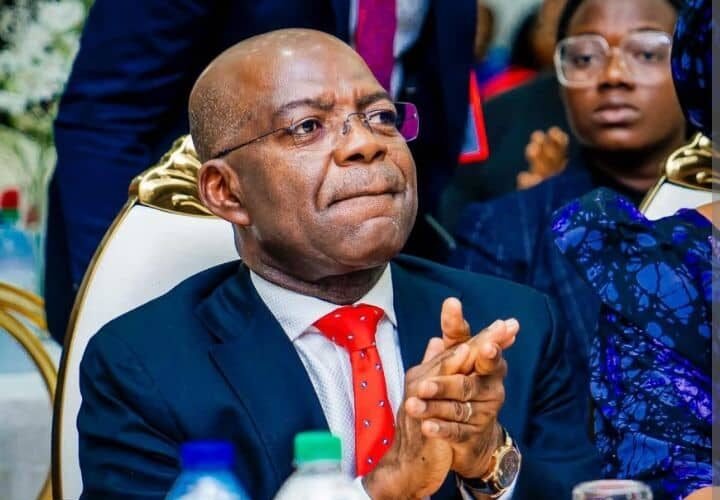Governor Alex Otti’s Debt Management and Governance in Abia State
Governor Alex Otti’s transformative approach to debt management and governance in Abia State deserves widespread recognition. Inheriting a debt burden of ₦191.2 billion from previous administrations, his administration achieved the remarkable feat of retiring ₦90 billion (47%) of this debt within just 15 months, all without resorting to new borrowing. This accomplishment reflects a disciplined fiscal strategy anchored in cost-cutting, improved revenue generation, and prioritization of critical sectors. By renegotiating inflated contracts, digitizing tax systems to curb leakages, and slashing frivolous expenditures, Otti has demonstrated that subnational governments in Nigeria can achieve fiscal sustainability through accountability and innovation. The Debt Management Office’s confirmation that Abia has not borrowed since mid-2023 adds credibility to these claims, even as critics call for greater transparency in documenting repayments.
Central to Otti’s success is his administration’s focus on boosting Internally Generated Revenue (IGR), which grew by 20% to ₦3.2 billion monthly by early 2024. This revenue surge, driven by anti-corruption reforms and efficiency in tax collection, has reduced reliance on unpredictable federal allocations and created a buffer for debt servicing and development. The economic ripple effects are evident in the $159 million in foreign direct investment (FDI) attracted to sectors like manufacturing and technology, including landmark projects such as the Enyimba Economic City. These investments signal growing investor confidence in Abia’s business climate, directly linked to Otti’s efforts to institutionalize transparency and streamline bureaucratic processes.

Equally commendable is Otti’s commitment to infrastructure and social welfare. Allocating 40% of the 2024 budget to infrastructure has enabled the reconstruction of critical roads like Port Harcourt Road and the rehabilitation of healthcare centers and schools. Perhaps most impactful is his administration’s resolution of longstanding salary and pension arrears, with ₦10 billion disbursed to clear debts owed to civil servants and retirees since 2014. This move has restored dignity to public workers, strengthened trust in governance, and stimulated local economic activity. Such priorities align with global development goals, positioning Abia as a model for inclusive growth.
Critics rightly urge caution, particularly regarding the need for independent verification of debt repayment claims and the risks of overly aggressive fiscal consolidation. However, Otti’s emphasis on holding past administrations accountable is not mere political rhetoric—it is a necessary corrective to decades of financial opacity. By openly addressing inherited liabilities, he has sparked a broader conversation about institutional reform and responsible governance. To further build trust, his administration could publish detailed repayment records and invite third-party audits, fostering bipartisan collaboration to depoliticize fiscal management.

Looking ahead, Otti’s avoidance of new borrowing sets a precedent, but sustaining progress demands diversification of revenue streams. Expanding agro-processing, supporting tech startups, and leveraging public-private partnerships for infrastructure could future-proof Abia’s economy against external shocks. Embedding fiscal discipline into law—through debt ceilings and fiscal responsibility frameworks—would institutionalize these gains. Above all, continued investment in human capital, particularly education and healthcare, will ensure long-term productivity and resilience.
In conclusion, Governor Alex Otti’s leadership has redefined governance in Abia State, turning a legacy of debt and stagnation into a narrative of hope and renewal. While challenges remain, his blend of fiscal prudence, anti-corruption rigor, and developmental focus offers a blueprint for subnational recovery in Nigeria. By addressing transparency concerns and deepening stakeholder engagement, Otti can cement his legacy as a catalyst for sustainable transformation—one that other states would do well to emulate.

Dr Chukwuemeka Ifegwu Eke writes from Yakubu Gowon University Nigeria







